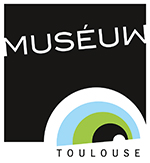Introducing the Museum
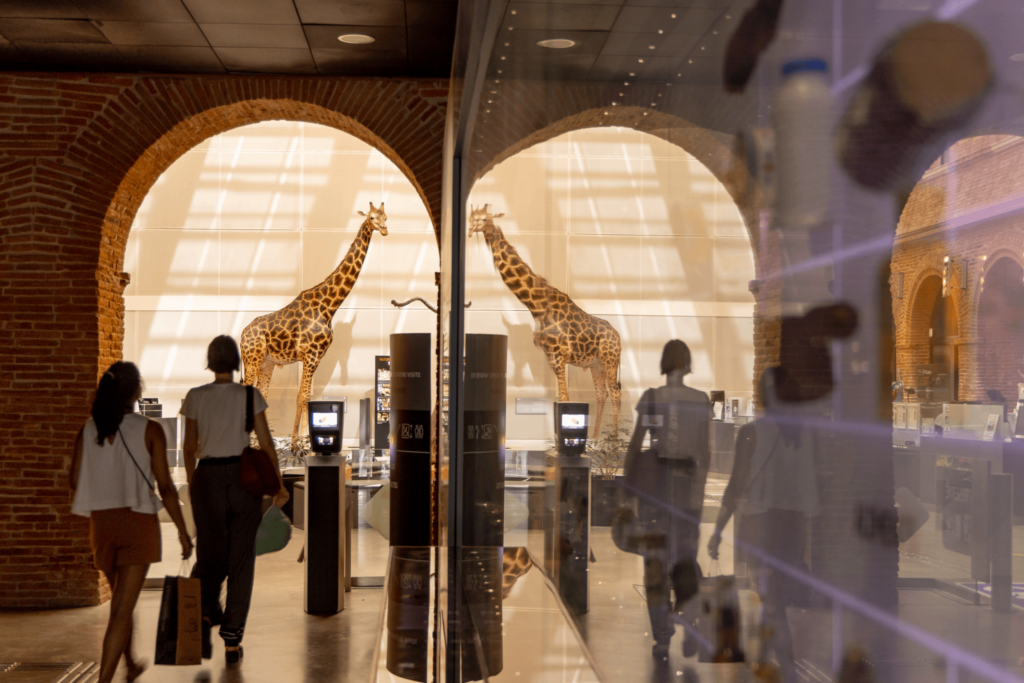
The Museum, exploring and sharing knowledge
The Toulouse Museum is the 2nd largest natural history museum in France in terms of the number of visitors and the wealth of its collections, which date back more than 150 years
As well as conserving 2.5 million specimens, studying and sharing them is at the heart of our approach.
By cultivating curiosity and the pleasure of discovery, and by disseminating scientific culture, the Museum helps to ensure that everyone has the knowledge they need to examine the Man-Nature-Environment relationships at the heart of today’s social and environmental issues.
What we do
Promoting
heritage, exchange and know-how
Awaken
curiosity, critical thinking and the pleasure of discovery
Share
knowledge and science to develop a culture accessible to all
Raising awareness
human-nature-environment relationships, their diversity and fragility, and helping to preserve them
Living collections
They are estimated at 2.5 million specimens and objects. The collections held by the Museum cover a wide range of fields and continue to be enriched. They are loaned for exhibition or study, are regularly consulted and also contribute to the development of knowledge. In addition, the conservation, management, promotion and preparation of these collections are all part of the professional know-how cultivated by the Museum.
There have been seven generations of taxidermists at the Museum. Each has developed and passed on innovative techniques that have made the Toulouse Museum a benchmark in the field.
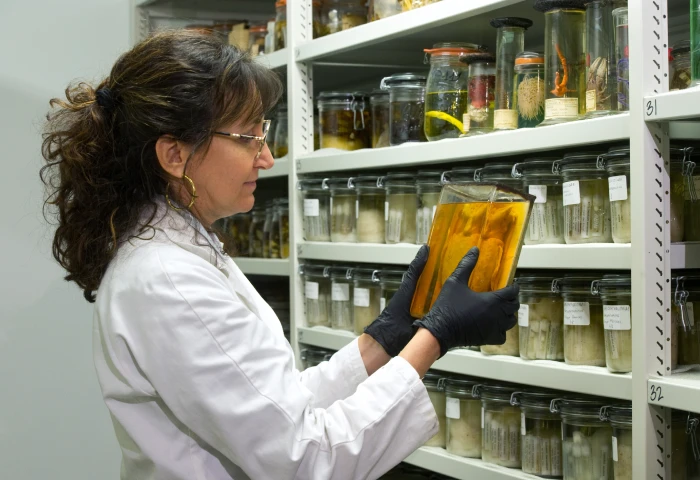
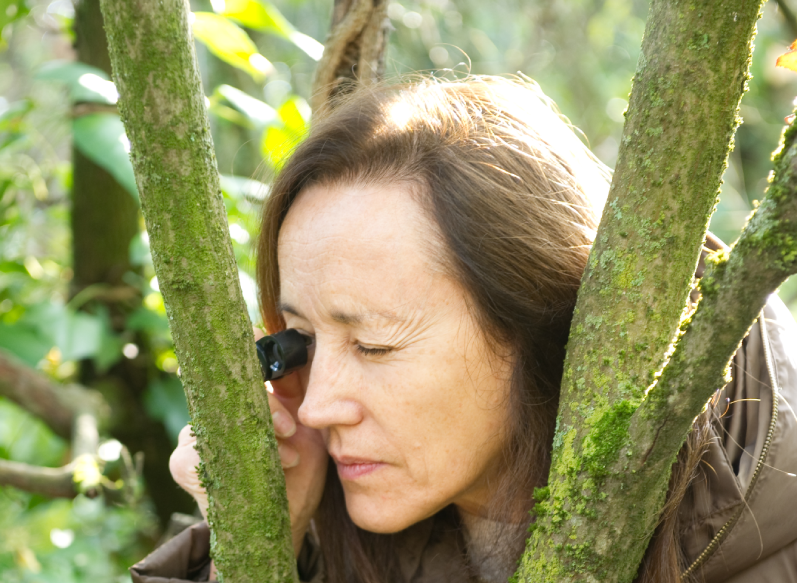
At the heart of the world
The Museum aims to be a conduit for knowledge in the service of scientific and social issues. Exhibitions, loans, conferences, etc. are all opportunities to compare the collections with current knowledge and topical issues, particularly those relating to the environment, biodiversity and climate change.
The design and preparation of exhibitions can also provide an opportunity to study collections in a new light or using new techniques (genetics, dating, etc.), and to observe the evolution of scientific knowledge.
Dynamic, interactive museography
Our teams come up with accessible, interactive mediation tools and educational resources. They are supported by experienced mediators. They rely on digital tools such as 3D image manipulation and interactive videos, as well as direct experimentation through workshops in our exhibition spaces, libraries and gardens, or during off-site events.
An inclusive and participatory museum
A wide range of activities and events enable us to reach out to all audiences. Workshops and activities for adults and children, festive events, concerts and art exhibitions are all invitations to share the wonder, questions and knowledge of experts in the natural and human sciences.
The institution also organises a wide range of participative events, including writing and photographic contests, conferences, residencies and festivals.
Accessibility for the disabled
The Museum is also committed to the active inclusion of disabled visitors. It has a mediation team specialising in visual, hearing and mental disabilities, and is involved in training cultural professionals and developing appropriate educational tools (sensory kits, audio devices, textured books, etc.).
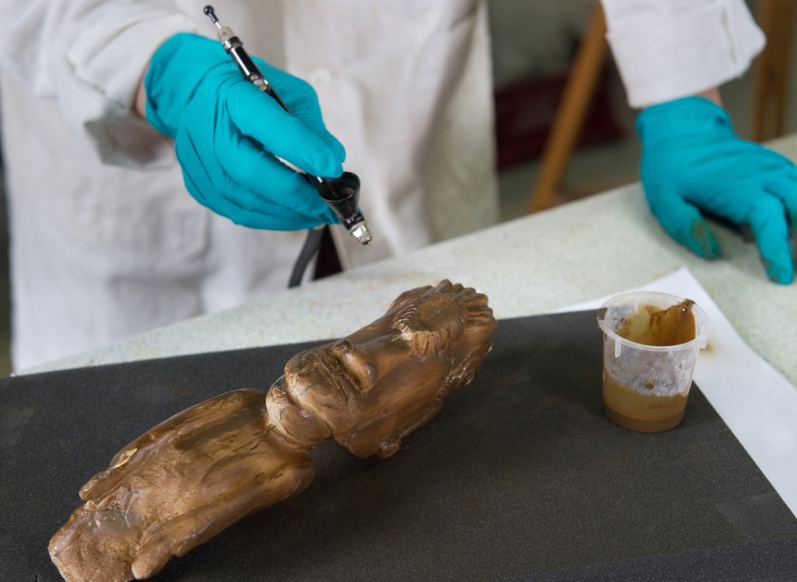
Evolution observatory
The constant enrichment of the collections brings new specimens or reference objects, new subjects for study, which will in turn bear witness to the richness and evolution of biodiversity, whether in the region or on the other side of the world. These items can then be compared with those in past and future collections.
Museum staff are also involved in scientific campaigns. For example, they are taking part in a survey of the riparian fauna and flora of the Garonne (specific to the river banks) and their evolution, or documenting indigenous cultures in Amazonia.
Sharing to progress
Co-productions with national and international laboratories and museums enrich the analyses and content offered to the public.
L’établissement accueille des chercheurs et étudiants, notamment via des partenariats avec les universités toulousaines et d’ailleurs.
All these collaborations combine different fields of expertise in an interdisciplinary approach specific to the natural sciences: ethnology, palaeontology, mineralogy, zoology and botany, which are the Museum’s founding disciplines. But they also include sociology, philosophy, the arts and photography, a historical discipline in the Toulouse Museum’s collections.
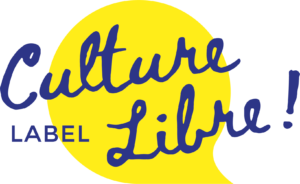
Open access to science
Today, collections are also promoted and research shared via digital networks. The Museum’s collections are currently being digitalised. Some of the resources (documentary archives, photos, library catalogue, etc.) are already freely available on websites for the general public, such as Wikimedia and Flickr, and specialist sites such as Joconde and eRecolnat.
The Toulouse Museum has been awarded the Bronze level Charte Libre label by Wikimedia.
In line with its objectives of raising awareness and supporting cultural institutions, and in order to highlight the work of cultural institutions that are committed to implementing free digital distribution policies that are accessible to all, Wikimédia France has created the Free Culture in 2022 label and associated visual identity.
The Culture Libre label assesses a cultural institution such as a library, museum or archive that integrates open content (re-use, including commercial re-use, of cultural content, documents and digitised works) into its digital practices.
Winning the Culture Libre label testifies to the quality of the approaches, strategies and actions put in place, which, from the choice of licence to the use of digital tools, express the convergence of the operational needs of cultural institutions and the changing uses of the general public.
The Culture Libre label implies a prior commitment by the institution or its supervisory body to the 6 principles described in the Charter of Commitment for the accessibility, openness and distribution of free content by cultural institutions: https://upload.wikimedia.org/wikipedia/commons/b/b1/WMFr_Label-Culture-Libre_Charte.pdf
- Free content accessible to as many people as possible
- Focus on the people
- Adapting to collaborative practices
- Access to reliable sources and quality content
- Encouraging the sharing and emergence of new forms of knowledge and artistic practice
- A policy of developing professional practices

